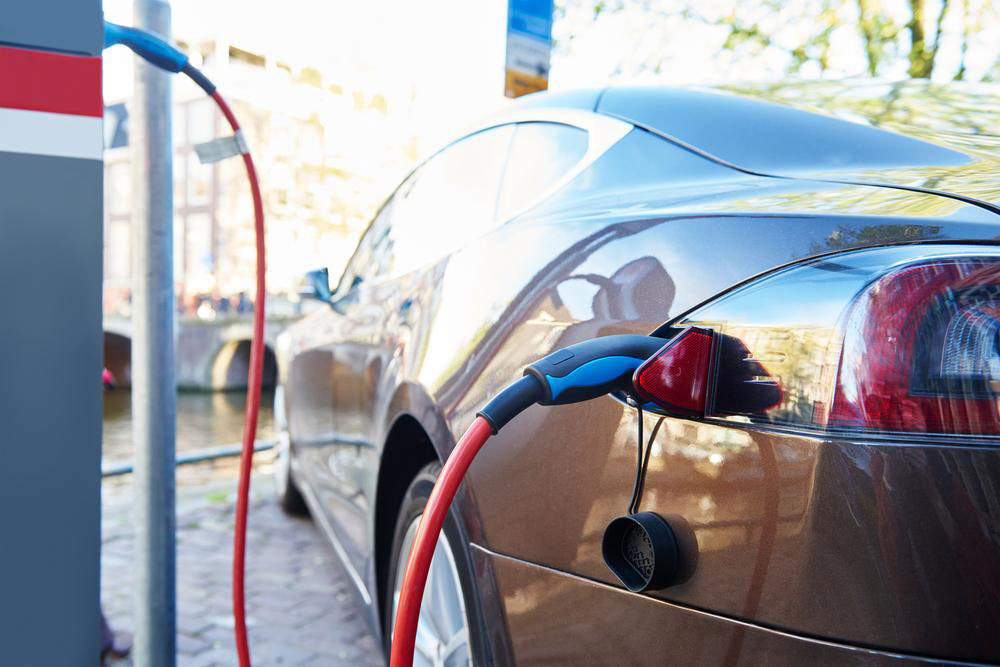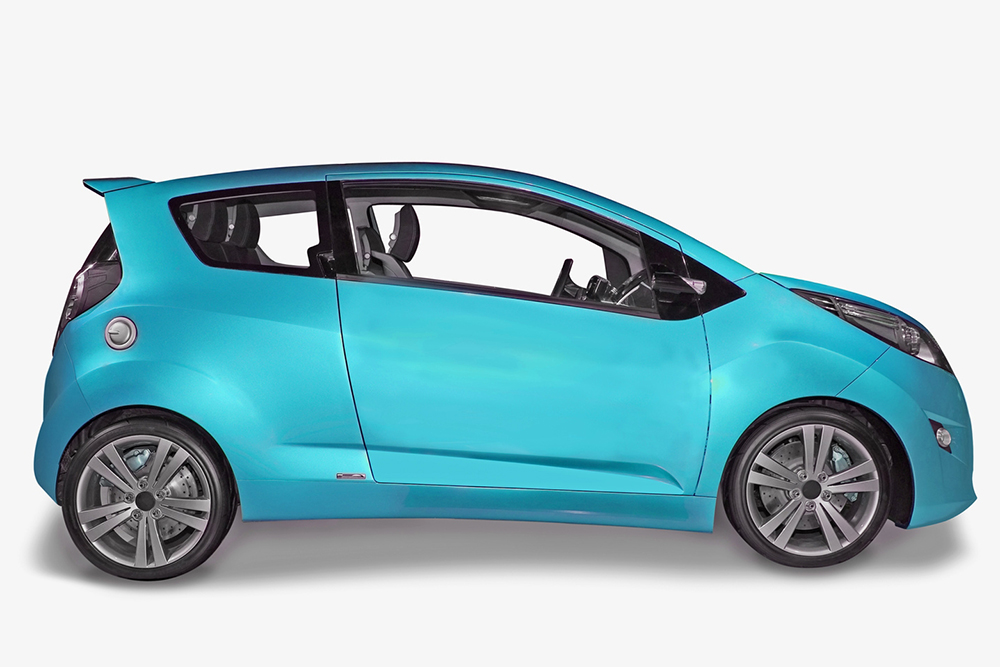Smart Strategies for Electric Vehicle Financing Without Initial Payment
Explore effective strategies for financing an electric vehicle without a down payment. Learn about loan options, benefits of used EVs, important considerations, and tips for responsible ownership. This guide helps prospective buyers make informed decisions, ensuring affordable and sustainable EV ownership with minimal upfront costs.

Smart Strategies for Electric Vehicle Financing Without Initial Payment
Thinking about getting an electric car without making a down payment is increasingly popular. It allows drivers to access eco-friendly transportation without a large upfront cost, making EVs more accessible.
Understanding zero-down EV financing options
There are mainly two approaches to acquiring an EV with no initial payment:
1. Zero-down car loans
Financial institutions, including banks and credit cooperatives, may offer loans that cover the total cost of an electric vehicle. The lender pays the dealer directly, and the borrower repays the amount with interest over the agreed period.
2. Dealer promotional financing
Some dealerships promote special zero-down deals to attract buyers. These offers often embed the down payment into the total loan, possibly resulting in higher interest rates or extended terms.
Advantages of zero-down used EVs – Budget-friendly choices
Opting for pre-owned electric vehicles with zero initial payment can be especially advantageous because:
Lower loan amounts
Used EVs are typically priced lower, reducing the total amount borrowed, which can lead to reduced monthly payments and easier affordability.
Variety of options
The pre-owned EV market offers a broad array of reliable, efficient, and budget-friendly vehicles, enabling buyers to find a suitable match for their needs without a hefty down payment.
Key points when purchasing used EVs
Inspect vehicle history
Always conduct a thorough pre-purchase inspection with a qualified mechanic to identify potential issues, hidden damages, or past accidents.
Mileage considerations
Evaluate the vehicle's mileage against your driving habits. Less mileage generally indicates less wear, but higher mileage used EVs can still be a cost-effective choice for short daily commutes.
Negotiation skills
Use inspection findings and market research on similar models to negotiate better prices or terms, even when the deal advertises zero-down financing.
Potential drawbacks of zero-down EV financing
Although appealing, consider these points:
Higher interest rates
Borrowing the full vehicle price without a down payment can lead to increased borrowing costs due to higher interest rates.
Extended loan durations
To keep payments manageable, lenders might offer longer repayment periods, which can generate more interest over time.
Negative equity risks
EVs depreciate quickly, and owing more than the vehicle’s worth (negative equity) can complicate future trade-ins or resale.
Tips for making informed EV financing decisions
Check credit score
A good credit score helps secure better interest rates. Improve credit before applying if necessary.
Compare lenders
Don’t settle immediately; look into multiple lenders to find the most favorable terms.
Evaluate total ownership costs
Consider ongoing expenses including insurance, charging, maintenance, and repairs, not just the loan payments.
Prepare for unexpected costs
Save extra funds for unexpected repairs or upgrades that may arise during ownership.









